Australia launches training scheme to boost digital skills

The federal government is testing new approaches to design qualifications and training that meet the skills needed for a job in the digital sector.
Australian employer groups call for flexibility in workplace laws

Major employer groups have called for revived powers to reduce workers’ hours, stand staff down and direct people to take annual leave.
Vietnam offers interest-free loans for companies to pay salaries

Companies can now apply for interest-free loans to pay furloughed staff and salaries from the Vietnam Bank for Social Policies.
Singapore announces new support package as social curbs tightened
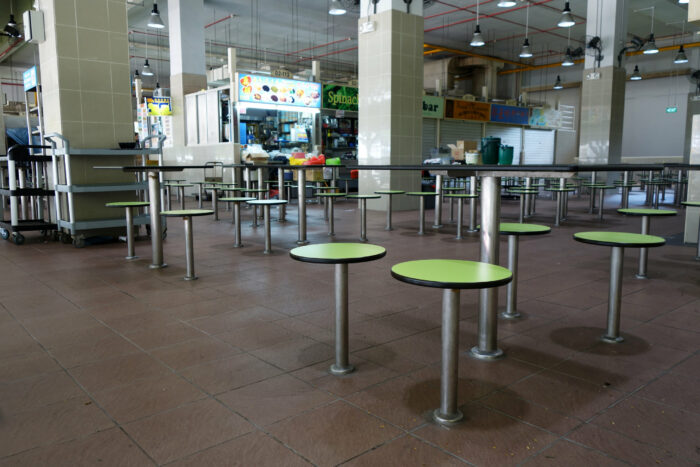
Targeted support will be provided for businesses and workers affected by the latest tightened safe management measures from July 22 to August 18.
Young South Koreans take 10 months to find their first job
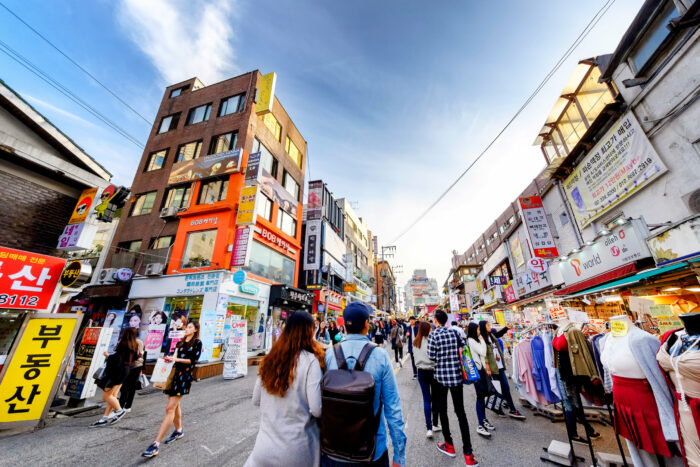
Statistics Korea’s data showed that it takes an average of 10.1 months for Koreans aged between 15 and 29 to land their first job.
Cambodia gives cash subsidies to pandemic-affected workers
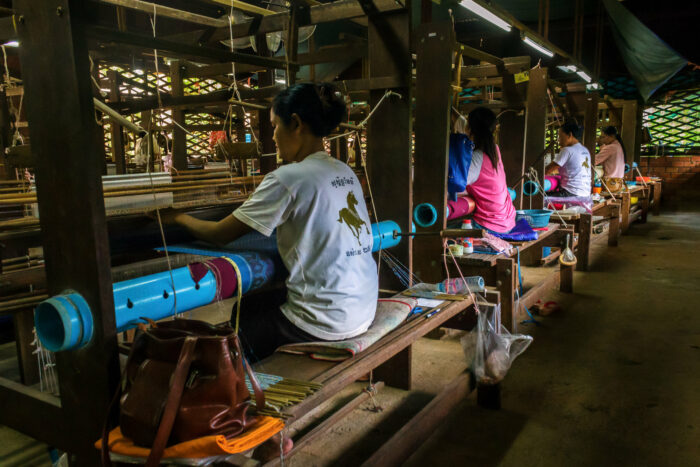
Employees in the garment and tourism industries whose employment contracts have been suspended can expect cash subsidies.
Hong Kong saw 56,253 newly registered companies in H1 2021

In the first half this year, 56,253 local companies have registered their businesses, bringing the total number to 1.38 million.
Philippine government prefers hybrid work model

A group of businessmen has urged the Inter-Agency Task Force to permit employees to go back to their workplaces once 80% of workers are vaccinated.
Self-employment among women in New Zealand rises

The country’s statistics department Stats NZ said the number of self-employed women increased 13.9% year-on-year to 143,500 in March.
South Korea’s labour market recovers with 582,000 jobs added

In June, the country added 582,000 jobs year-on-year, marking four consecutive months of growth in employment numbers.
Japan to raise average minimum wage by 3.1%

The labour ministry has recommended raising the national average minimum wage by 3.1% to 930 yen (US$8.43) per hour.
South Korea raises minimum wage for 2022

The Minimum Wage Commission (MWC) has set the country’s minimum wage for next year at 9,160 won (US$8) per hour.
Australian state offers financial aid to businesses amid lockdown

The New South Wales (NSW) and federal governments have announced a financial assistance package to keep businesses afloat.
Lockdowns hamper job gains in the Philippines
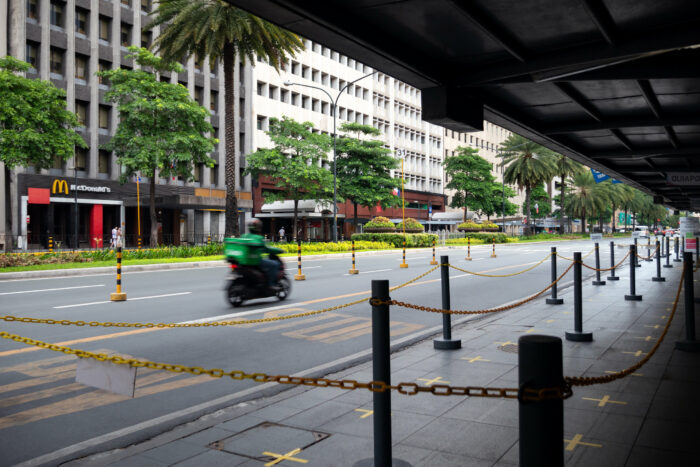
The Department of Finance (DOF) has said lockdowns caused by new variants of COVID-19 will slow the recovery of job gains.
Singapore needs to create more jobs in the face of competition

The government has been urged to balance the employment needs of local workers while remaining open to foreign investment and manpower
Singapore reviews measures for workplace discrimination

The Ministry of Manpower (MOM), together with unions and employer groups, will review the Tripartite Guidelines on Fair Employment Practices
New law on workplace disaster opposed in South Korea

Employer groups are opposing a new law that will allow CEOs to be punished, even by imprisonment, for serious workplace disasters.
China seeks to protect rights of workers in flexible employment

The government is working out new laws to protect the rights of workers, especially those in flexible employment.
New Zealand officials opposes Labour’s Fair Pay Agreement proposal
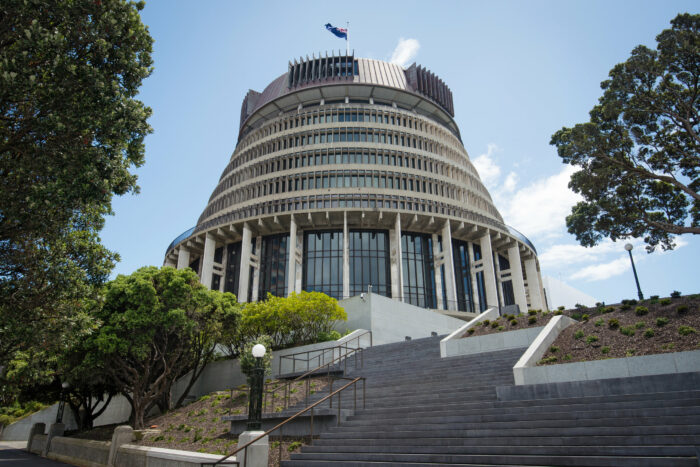
Some government officials are rejecting Labour’s Fair Pay Agreement (FPA) plan in favour of tightening existing employment laws.
DOLE identifies ‘safe’ establishments in the Philippines

Business owners have been urged to get safety seals for their establishments in the country’s efforts to re-open the economy.
Taiwan’s self-employed to benefit from government subsidies

Self-employed workers who earned less than NT$408,000 in 2020, and who have been impacted by the pandemic, will be eligible for subsidies.
Australia mulls nationwide workplace vaccination

Large businesses in the private sector are encouraged to come on board to speed up the rollout of COVID-19 vaccinations.
Malaysian employers to be penalised for flouting pandemic measures
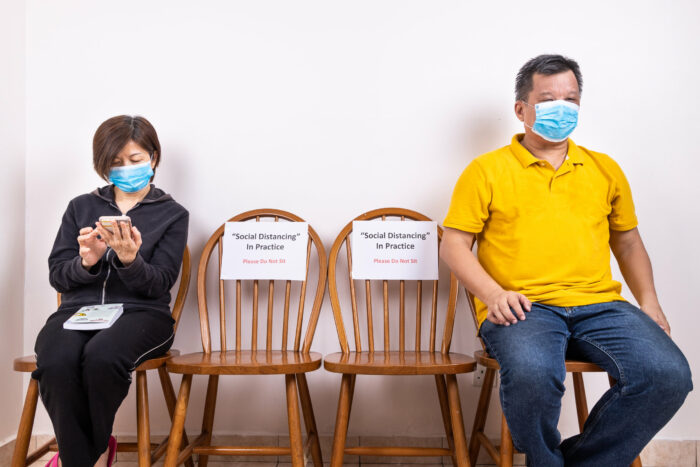
The Malaysian Employers Federation (MEF) has called on the government to penalise businesses not following measures for pandemic control.
Japan PM’s adviser proposes 3% increase in minimum wages

David Atkinson, a member of the government’s growth strategy panel, has called for minimum wages to be raised by at least 3% in fiscal 2021.
New Zealand launches Infrastructure Skills Centre

The civil construction and infrastructure industry has set up a centre to help meet the needs of the country in infrastructural skills.
Singapore supports SMEs in new S$1.2-billion package

A new S$1.2-billion (US$890.2-million) support package is designed to help small-and-medium enterprises (SMEs) cope with the pandemic.
WFH government employees in the Philippines reimbursed

Government workers who work from home due to the pandemic can claim for internet expenses of P75-300 (US$1.5-6.1) per month.
Vietnam proposes another US$1.13 billion pandemic aid package

To offer financial aid to those affected by the pandemic, the government is planning a VND26-trillion (US$1.13-billion) package.
Cambodia’s PM urges companies to self-test their employees for COVID-19

To effectively contain the spread of COVID-19, companies and private enterprises should equip themselves to do testing by themselves.
Singapore’s overall unemployment rate edges down to 2.8% in May

The overall unemployment rate in the country trended down in May, falling marginally from 2.9% in the previous month.

